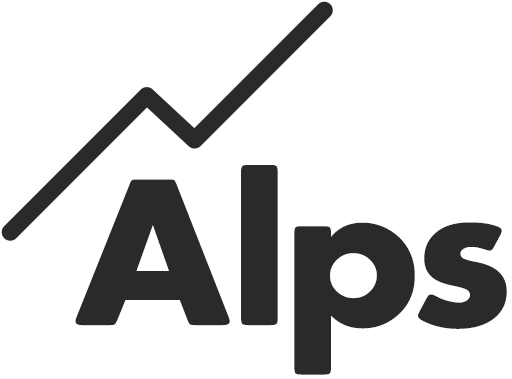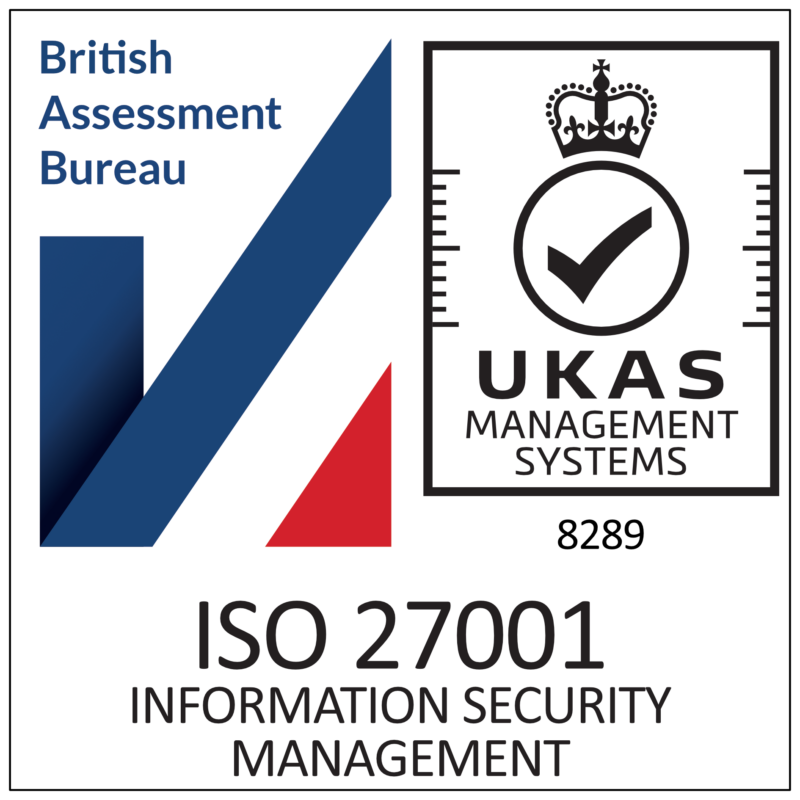The benefits of analysing your mocks grades in Connect Interactive
At this time of the year you are likely to have a set of mock examination results for your Year 11 and 13 students.
There are numerous reasons as to why we schedule mock examinations for our key year groups. Whatever yours are, your teaching staff should have carefully prepared the papers, prepared their students and marked the papers thoroughly. All this amounts to a lot of combined effort and time, for both staff and students, and so the question arises of how you will use the mocks outcomes to best effect?
There are great benefits to analysing your raw mock grades in Connect Interactive. Within minutes, the tools built into the system will allow your teaching staff to see exactly which students have underperformed and facilitate them thinking of the next steps in terms of intervention. At a strategic level, the analysis will allow Senior Leaders to ask questions of the data, and in a short period of time set up a framework for their line management meetings.
Here is one suggestion of how adding gradepoints to Connect Interactive may support your preparation for the final weeks before the examinations.
- Ask your staff for a raw mock grade based solely on performance in the mock examination. Submit this as a ‘mock’ gradepoint to Connect Interactive.
- In addition, ask staff for a professional prediction on final grade. Add this to Connect Interactive.
You can now analyse the gaps in performance between the actual mock outcomes and the predicted grades at a subject and teaching set level.
I want to compare mocks to predicted at a strategic level – where should I start?
Start in the monitoring accuracy area. This will allow you to quantitatively compare the value-added grades and scores of each subject.
Remember that a difference of 0.2 of an Alps score is equivalent to a grade per student on average. If you have subjects where there is a large difference between the two, then that’s the first issue to address in your line management meeting – ‘show me how your department will intervene to move to your predicted grade’.
You may want to include additional gradepoints to the monitoring accuracy trend line. For example, you may want to see how each department performed last summer to get a feel for how accurately the predictions may be.
There will be many questions that arise from this exercise, but within a very short period you will be able to write a list of issues to address with subject leaders.
As a next step, you may want to go into the subject overview area. Add comparison group, for example your HPA, MPA and LPA field. Are all groups of prior attainers making the same progress? Are your most able being stretched? Are your staff supporting your middle and lower prior attainers as much as possible, by modelling the skills they need to access the questions in the papers?
During your line management meetings, you can use the ‘What If’ tool with subject staff to model the impact of agreed intervention with individual students. This is the simplest yet most effective tool in the Connect Interactive platform. It empowers teachers to make decisions on which intervention strategies are the most effective, without having to understand the methodology. The Alps grade on the thermometer gives them a visual representation of where they are and where they might want to be.
Through mock analysis in Connect Interactive, you can very quickly gain an overview of where your discussions with your middle managers should focus, and how you prioritise resource distribution. Meanwhile, your teaching staff can use their own subject level analysis to model the impact of their intended interventions within minutes, leaving them free to develop their learning and teaching strategies.
The information in this article is brought to life in our video ‘Using Connect Interactive to analyse your mocks’ along with many other helpful videos on our website https://alps.education/alps-training-hub/webinars/. You can also read the Analysing Raw Mock section of the Alps Champions handbook.
Need more information?
If you would like any further information, please contact one of our expert advisers.


